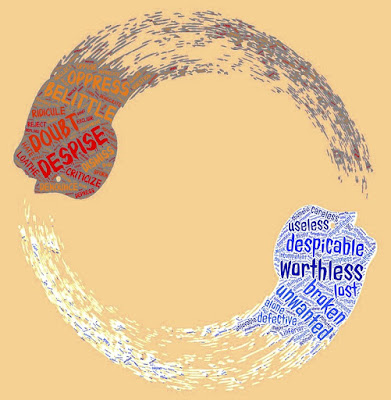Psalm 119:1-8 | Aleph

Psalm 119:1-8 | Aleph Milt Reynolds | Last updated: January 27, 2022 Blessed are those whose way is blameless, who walk in the law of the LORD! Blessed are those who keep his testimonies, who seek him with their whole heart, who also do no wrong, but walk in his ways! You have commanded your precepts to be kept diligently. Oh that my ways may be steadfast in keeping your statutes! Then I shall not be put to shame, having my eyes fixed on all your commandments. I will praise you with an upright heart, when I learn your righteous rules. I will keep your statutes; do not utterly forsake me! - Psalm 119:1–8, ESV Image by Harut Movsisyan from Pixabay The Terrible Reality of Being Forsaken by God The entire life of Aleph, all hopes and joys and emotions, are connected closely to God's Word. Most striking is the desire to avoid shame and to be forsaken by God. Doing and delighting in God's Word promises a life of no shame. Here are some sources of shame: Blame for doi




